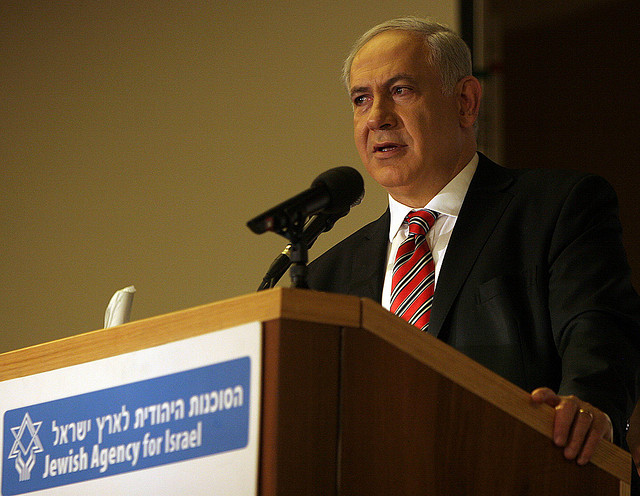Questions are generally superior to answers because they open discussion up; potential responses radiate in many directions. Answers have their virtues: they let you get on with it, whatever it is. But they close discussion down and make life less interesting. So, at Passover seders — the ritual meal Jews held this week to mark Passover, the anniversary of liberation from slavery in ancient Egypt — things begin with the youngest child asking four questions: Why is this night different from all others? Etc. The rest of the night is a verbose, rambling response that never answers the questions but raises many fascinating issues.
Here’s another question in the same ballpark: Who is a Jew? Talk about radiating. Is it the member of a religion? Hardly, many Jews are atheists. A race or ethnicity? Those categories are vague and shifting, plus Jews can convert in, which you can’t to a quasi-physical demographic. A culture? There are too many versions and it’s unstable. A people? OK, but then: what kind? Those of us who’ve had the discussion often and unsuccessfully, know you’ll never get an answer but you’ll know more afterwards and you’ll feel smarter. Anyone who’d try to shut it down with a simple answer is either a fool or a troublemaker.
That’s the situation the current Israeli government is in. They say they won’t make peace with the Palestinian co-inhabitants of the country unless they’re acknowledged as a Jewish state. The Palestinians say, more or less: Not our problem. We’ll recognize you as a legitimate state but we’re not getting into that jackpot, you can hash out the definition yourselves. The result is stalemate, which has always looked like Israel’s goal. They keep finding ways to avoid the obvious solution: two states with international security guarantees. This is merely their latest way to evade it, while continuing to expand and colonize. But it’s a brilliant move, since everyone knows the question will never be settled.
I mean, how would you do it? Take it to court? Courts are terrible places to deal with complex moral matters. Think of Rob Ford saying the issues about his behaviour are over since he hasn’t (yet) been criminally charged. Stephen Harper may try the same ploy regarding the Duffy payoff. Large questions of right, wrong and responsibility are poorly handled in narrow contexts like courts. That’s why it’s generally in the interest of the powerful — Ford, Harper, Israel’s government — to keep discussion narrow and restrict it to yes-no answers. Nothing’s more obnoxious than someone hectoring someone else by saying: It’s a simple question: answer yes or no. You see it on TV panels all the time. Ugh.
In fact the very existence of a “normal” state for Jews, whoever they are, by itself tends to reduce the resonances of their Jewishness since it’s a sort of answer to that question. If “We are One,” as the signs outside the synagogues say, then “we” are less multi-faceted and indefinable.
Consider Passover. Images like slaves to Pharaoh or crossing the Jordan river to the promised land once echoed broadly and ricocheted through other cultures. African-Americans, for instance, used those images to help create a rich new culture from a tragic past. Those millennia of Jewish life in exile were fruitful, not just painful. But when the very same words — Egypt, Jordan — appear in headlines about modern Israel, it grows easier to treat them literally rather than metaphorically.
I don’t mean the narrowing of the Jewish mind toward identification with Israel hasn’t generated creativity. Israel has a vital culture, but it’s primarily Israeli, not Jewish. Jewish cultural creativity during the millennia in Diaspora wasn’t just aided by but dependent on precisely the absence of the defining markers of statehood: borders, a government, police or military to enforce laws and loyalty. Overarching identification with Israel can sap that kind of creativity and leave you a little vacant. You still feel Jewish but it’s elusive what that means outside Israel. The height of Jewish culture becomes something like Adam Sandler’s The Hanukkah Song. We’re Jewish because we’re, er, Jewish.
This raises other questions. Was there any alternative to Israel? Can there be exile without mortal risk? Etc. Great questions — and unanswerable.
This article was first published in the Toronto Star.
Photo: JAFI Israel/flickr



